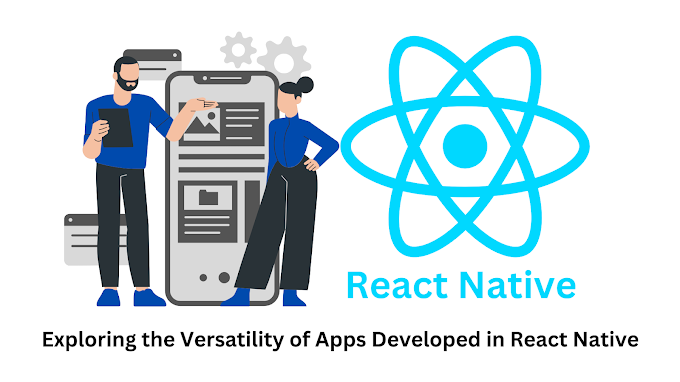Introduction
Top 10:- Questions and Answers for improving and understanding C Programming Language. Learn and Understand C Programming like Pro.
1. Question: What does the "printf" function do in C?
Answer: "printf" is used to print formatted output to the standard output (usually the console).
2. Question: How do you declare a variable in C?
Answer: You declare a variable by specifying its data type, followed by the variable name, e.g., int myVariable;
3. Question: What is the purpose of the "if" statement in C?
Answer: The "if" statement is used for conditional execution. It allows you to execute a block of code only if a specified condition is true.
4. Question: What is a pointer in C?
Answer: A pointer is a variable that stores the memory address of another variable. It is used for dynamic memory allocation and manipulation.
5. Question: How do you define a constant in C?
Answer: You can define a constant using the const keyword, e.g., const int MAX_VALUE = 100;
6. Question: What is the purpose of the "for" loop in C?
Answer: The "for" loop is used for iterative execution. It allows you to repeatedly execute a block of code for a specified number of times.
7. Question: How do you read user input in C?
Answer: You can read user input using the scanf function for formatted input or gets function for unformatted input.
8. Question: What is the difference between "while" and "do-while" loops in C?
Answer: Both loops are used for repetitive execution, but the "do-while" loop guarantees that the code block will execute at least once, as it checks the condition after the first iteration.
9. Question: What is the purpose of the "switch" statement in C?
Answer: The "switch" statement is used for multi-way branching. It allows you to select one of several code blocks to execute based on the value of an expression.
10. Question: What is the role of the "return" statement in a C function?
vbnet**Answer:** The "return" statement is used to exit a function and return a value (if the function has a return type). It also transfers control back to the calling function.











0 Comments